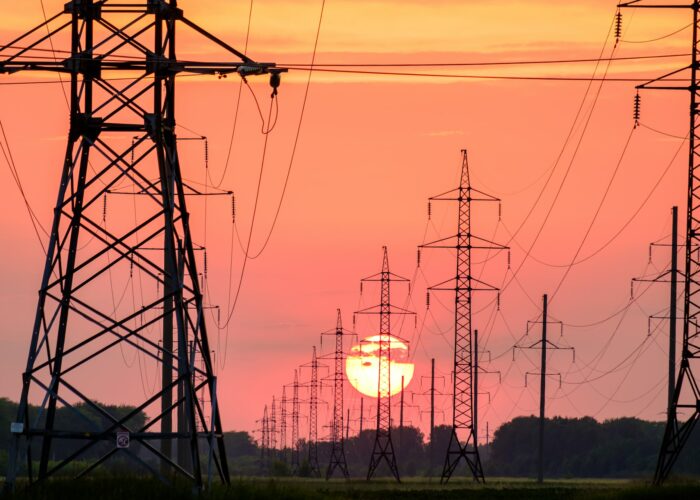This year has seen a perfect storm for energy prices. Unfortunately, the situation only looks likely to worsen. With wholesale energy prices expected to rise further, energy intensive users, which of course includes manufacturers, are exposed to the full impact. Indeed, a survey by Make UK and the consultancy BDO revealed that two-thirds of companies (67.8%) said rising energy costs were causing catastrophic or major disruption to their operations.
Subsequently, the trade body for manufacturers has called on the government to urgently provide more support amid a poor economic outlook to help businesses “weather the immediate storm.” They’ve made several recommendations including waiving or reducing business rates for the next 12 months and reviewing the effectiveness of business loan schemes implemented during the coronavirus pandemic.
Earlier this year, Chancellor Rishi Sunak – who could soon be the UK’s new Prime Minister – offered up a strong statement of intent saying he would offer more support to the sector this Autumn. The government already insists it supporting manufacturers through initiatives such as the Super Deduction Tax and extending its Energy Intensive Industries (EII) compensation scheme, in a bid to reduce the burden of ever-increasing energy bills and to stimulate investment in energy efficiency technology.
Improving energy efficiency and accelerating decarbonisation
Of course, these cost pressure challenges are taking place against the need for manufacturers to improve energy efficiency and accelerate decarbonise. Manufacturing accounts for more than 60% of the UK’s direct industrial emissions and represents a critical piece of the UK’s net-zero puzzle.
Despite the unprecedented economic challenges, British manufacturers have shown real commitment to leading the charge towards net zero by moving decarbonisation up the priority ladder.
So, the question on many business leaders’ minds is how can they steer themselves through these difficult times and protect themselves from energy price volatility, whilst also boosting their sustainability credentials?
21st century solutions
Delivering energy resilience and decarbonisation requires investment in low carbon systems and cleaner technologies. However, financial hurdles remain one of the biggest barriers to positive change and more often than not, many businesses businesses will be put off taking the necessary steps that will improve their energy resilience and sustainability credentials due to a lack of access to investment funds.
Given how dramatically manufacturers’ energy and sustainability requirements vary, it’s an area where there can never be a ‘one size fits all’ solution. Specialist guidance and support is essential, and that’s where Capitas Finance enters the picture.
As a specialist energy solutions financier, we are removing the barriers to energy investment. Our entire focus is on supporting manufacturers to act on decarbonisation and energy resilience and security by providing bespoke energy finance, underpinned with deep domain expertise and knowledge.
Through a host of funding options, we have helped manufacturers in numerous sectors to accelerate their path to decarbonisation, reduce their energy bills, and reduce their reliance on the gird.
Our approach means we can encompass all aspects of a project, often with zero up-front capital investment required, allowing us to fund up to 100% of the total cost of the project. Crucially, we deliver payment schemes aligned to an organisations energy strategy. This means that payments are calibrated according to projected energy savings, future budgets, government initiatives and company cash-flow. We can incorporate the cost of ongoing service and maintenance needs once a project reaches the operational phase to deliver a fixed cost solution.
We can provide finance solutions that support all types of energy resilience and decarbonisation measures – everything from replacing outdated lighting to the implementation of large-scale renewable solutions, EV infrastructures and distributed energy schemes.
Our results speak for themselves. To date, the projects we have funded are projected to save our customers more than £58 million in energy costs and save an estimated 191,373 tonnes of carbon.
With global pressures adding to existing supply cost and decarbonisation challenges, this is now an ideal moment for manufacturers to reach for a true 21st century solutions in to help them overcome these increasingly uncertain times.
Other blogs you may be interested in.
To find out how Capitas can work with you, drop us a line here.




